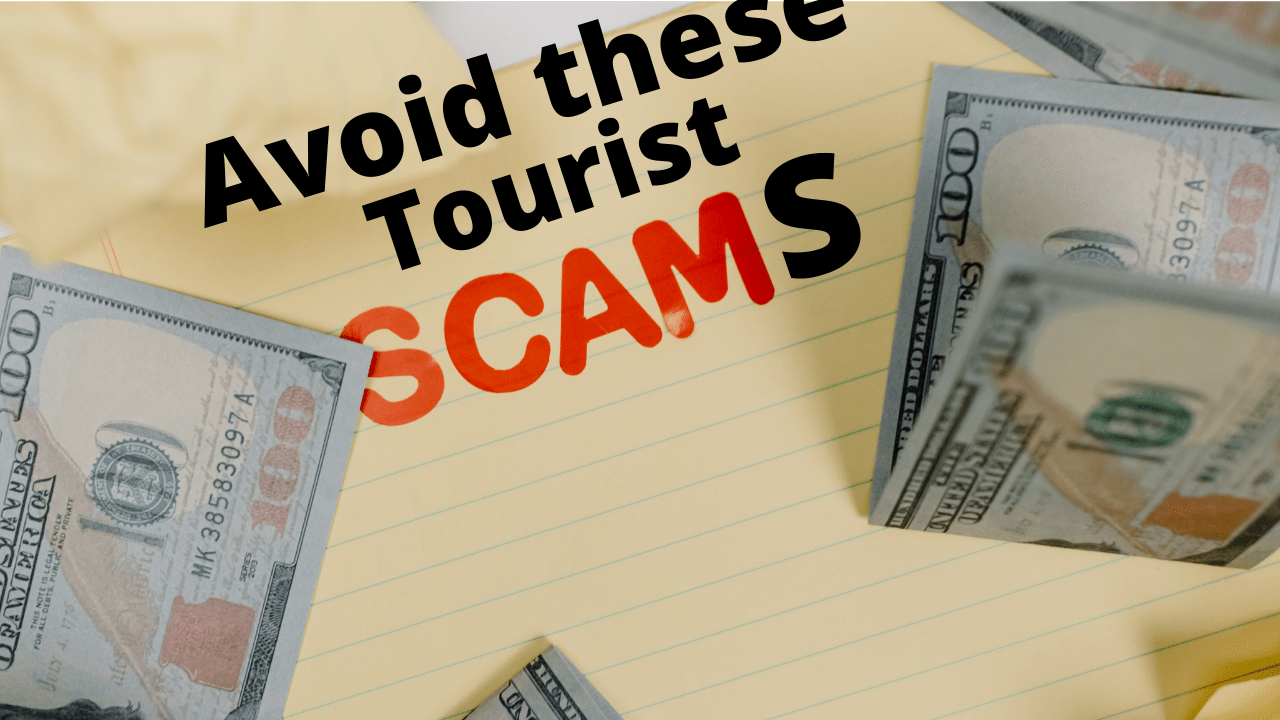
Introduction
When embarking on a journey to explore new destinations, it is crucial to be aware of potential travel scams that could jeopardize your experience and finances. In this article, we will provide you with valuable tips to help you stay vigilant and protect yourself from common scams encountered while traveling. By following these recommendations, you can ensure a safer and more enjoyable trip.Identifying Scamming Tactics
Research Before You Go
One of the key steps to avoid falling victim to travel scams is thorough research. Prior to your trip, gather information about the local culture, customs, and common scams prevalent in your destination. Familiarize yourself with any warning signs or red flags that could indicate fraudulent activities.
Be Wary of Unsolicited Offers
Beware of unsolicited offers that seem too good to be true. Whether it's a random person on the street offering you a fantastic deal or an unexpected email claiming you've won a prize, exercise caution and skepticism. Remember, if it sounds too good to be true, it probably is.
Protect Your Personal Information
Guard your personal information diligently. Avoid sharing sensitive details such as your passport information, credit card numbers, or social security number with individuals or organizations that you are not familiar with or do not trust. Keep your valuables secure and be cautious when using public Wi-Fi networks to prevent identity theft.
Common Travel Scams and How to Avoid Them
ATM and Credit Card Fraud
Be cautious when using ATMs and credit cards abroad. Skimming devices and hidden cameras can be used to steal your card details. To minimize the risk, choose ATMs located in well-lit and secure areas, cover the keypad while entering your PIN, and regularly monitor your account for any suspicious transactions.
Fake Tickets and Tours
To avoid falling prey to fake tickets or tours, only purchase from reputable vendors or authorized agents. Research reviews and check if the company is registered with relevant tourism authorities. If a deal seems significantly cheaper than others, exercise caution, as it may be a scam.
Taxi and Transportation Scams
When using taxis or other forms of transportation, always insist on using licensed and reputable providers. Ensure the meter is used, negotiate fares in advance, and be cautious of drivers who take unnecessarily long routes. If possible, use trusted ride-hailing apps that provide upfront pricing and driver information.
Street Scams and Distractions
Be aware of street scams designed to distract you while someone else steals your belongings. These scams can range from simple distractions, like someone spilling a drink on you, to more elaborate schemes involving multiple individuals. Stay vigilant, keep your belongings secure, and avoid engaging with strangers who seem overly friendly or pushy.
Counterfeit Goods and Bargaining
In popular tourist destinations, counterfeit goods are often sold at seemingly attractive prices. However, purchasing these items not only supports illegal activities but also carries the risk of subpar quality. Exercise caution and consider supporting local artisans and businesses instead.
FAQs:
- Q: What should I do if I encounter a scam while traveling?
A: If you encounter a scam, it is important to prioritize your safety. Remove yourself from the situation, contact local authorities if necessary, and report the incident to your embassy or consulate. - Q: Are there specific travel insurance plans that cover scams?
A: Travel insurance plans vary, but some may provide coverage for certain types of scams or fraudulent activities. Read the policy terms and conditions carefully to understand what is covered and consider purchasing comprehensive coverage. - Q: How can I report a travel scam to the relevant authorities?
A: If you have been a victim of a travel scam, report the incident to the local police as well as your country's embassy or consulate. Additionally, you can notify consumer protection agencies or tourism authorities in the destination country. - Q: What are some additional precautions I can take to protect myself from travel scams?
A: In addition to the tips mentioned in this article, consider using a money belt or hidden pouch to keep your valuables secure, staying alert in crowded places, and being cautious when sharing information or engaging in financial transactions. - Q: Can travel agencies provide assistance in avoiding scams?
A: Reputable travel agencies can provide guidance and recommendations to help you avoid scams. They often have extensive knowledge of popular destinations and can provide valuable insights to ensure a safer travel experience.
Conclusion
By being proactive, staying informed, and exercising caution, you can greatly reduce the chances of falling victim to travel scams. Remember to research your destination, protect your personal information, and be vigilant of common scams. By implementing these useful tips, you can enjoy a safe and scam-free travel experience. Bon voyage!










